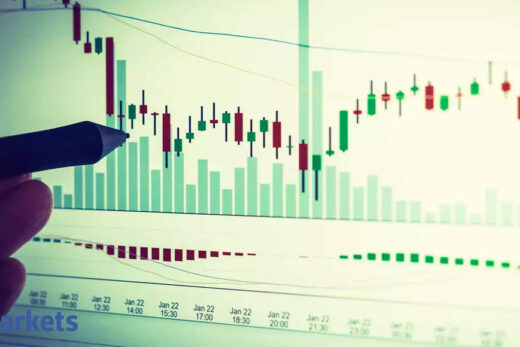“Valuations remain attractive, but more importantly we expect moderate tax increases over the medium term to bring profitability back to the cigarette business. The market has not priced this in, in our view,” said a team of researchers at Morgan Stanley.
It has a 12-month target of Rs 251, meaning a potential upside of 15 per cent. Its bulls case target is at Rs 313 and bear case target at Rs 165. The scrip closed at Rs 219 on Thursday.
ITC is perhaps the most talked about stock in investment circles as it trades at a huge discount to its peers despite strong fundamentals and confidence of Dalal Street analysts. The analysis shows 83 per cent of analysts are overweight on the stock while 14 per cent are equal weight. Just 3 per cent see the stock declining from here.
“We believe ITC has exited a painful decade of high cigarette taxes, ESG headwinds, diverging global trends, an underperforming FMCG business, and the loss of foreign flows,” said Morgan Stanley.
While the broker believes not all of these headwinds will go away, it identified two of them that could drive a re-rating–a stable tax environment and gradual FMCG turnaround.
Morgan Stanley believes over the next few years could echo the 2003-07 period when economic growth was strong and tax increases were reasonable. Moreover, it expects the FMCG profit contribution to gradually increase to 8.5 per cent and 12 per cent over the next 5 and 10 years from 3 per cent currently.
It added that the margins from FMCG business will improve to 11 per cent and 17.6 per cent by FY25 and FY35 though that will still be lower than peers.
ITC currently trades at 16 times FY22 expected price to earnings multiple – a 35 per cent discount to its 5-year and long-term averages – mainly due to ESG concerns related to tobacco.
“We argue that this discount is likely to narrow to 25 per cent, implying that the stock would trade at around 19 times. On our estimates, only 30 per cent of ITC’s stock value is from future growth while 70 per cent comes from current operations – the opposite of consumer staples – showing how little growth is priced in,” said the analysts.
Among the key risks to its call are:
- An economic slowdown and a fall in affordability
- Sharp tax increases
- FMCG profitability remains poor
- ESG acceptance becomes more widespread.



